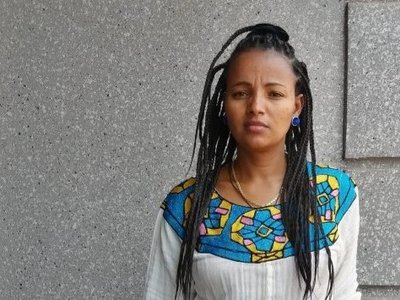

The topic of her presentation was “Suicide and suicide attempts from pesticides: A major problem for women smallholders in the Amhara region, Ethiopia”. Her research was based on qualitative data that combines in-depth interviews and focus group discussion with women smallholder farmers. Suicide and suicide attempts by pesticides remain alarming in the Amhara region of Ethiopia. The easy availability of pesticides through illegal parallel markets, unlabeled smaller containers and storage inside home induced suicidal behavior that was triggered by a wide range of corona-virus pandemic behaviors that creates isolation, rape, unwanted pregnancies, and the disruption of livelihoods. The interviews reveal that the major pesticides responsible for many of the deaths and attempted suicides were rodenticides (Zinc Phosphide), fumigant (Aluminum Phosphide) and insecticides (Endosulfan, Dimethoate, Chlorpyrifos), while some survivors were not able to recall the name of pesticides used for suicide attempts. For cultural and religious reasons, many cases of suicides and suicide attempts were hidden. Survivors are often excluded from society that also denies them marriage and other social relations.
Birtukan Atinkut Asmare received an APPEAR scholarship to pursue her PhD studies at the University of Natural Resources and Life Sciences, Vienna (BOKU), Division of Organic Farming. Since 2006 she has been working as a lecturer at Bahir Dar University, Ethiopia. She received her bachelor’s and master’s degree in History and Disaster Risk Management and Sustainable Development, respectively at Bahir Dar University.
